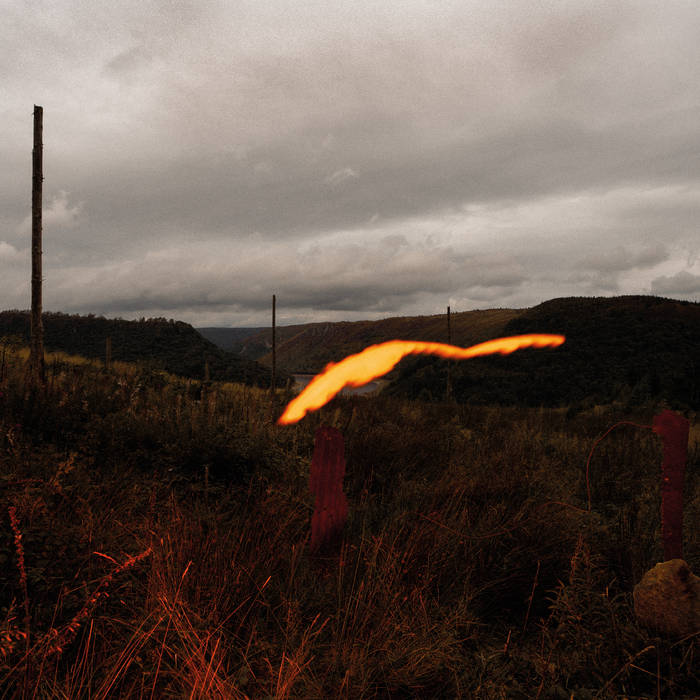Whenever the very best music that falls into the “post-rock” category comes up, I can’t help but feel that it is all music shaped profoundly by the place in which it was conceived. The jagged music of Slint and Godspeed You! Black Emperor celebrates the weirdness of desolate North American landscapes, whilst listening to the ever-enchanting music of Tortoise, Storm&Stress and Gastr Del Sol conjure a very specific “Chicago sound”.
But does a British equivalent exist? If the answer is yes, there is certainly not an abundance – the music of Talk Talk, Bark Psychosis, and Slowdive’s Pygmalion feels too fantastical and alien. Not of this world, let alone this country. But the latest album from Bristol quartet Quade is just this, deconstructed rock music that sounds and feels like the infinite sprawl of rural British landscapes.
Their second album The Foel Tower is shaped profoundly by the experience of recording it at the Nannerth Ganol Stiwdio in the natural Welsh beauty spot of the Elan Valley. The band would fit long, attritional hikes around recording, and the group are quick to attribute big walks together through Britain’s pastures as formative moments in their collective lives. The infinite green expanses of the Welsh landscape are evoked across its six sprawling tracks, especially on the juddering ‘Nannerth Ganol’, the album’s slow, cinematic soundscape centrepiece.
Tom Connolly’s swooping, swirling violin features as the main character across The Foel Tower, his playing is more emotive and compelling than the ghostly vocals of Barney Matthews. The arrangements are often sparse, so the emotions from his playing are always felt deeply.
The stirring ‘Canada Geese’ begins with a section of delicate, finger-picked guitar, before a gale force of collé bowing from Connolly’s stormy violin brings with it a change of weather, whilst on ‘Beckett’ his playing undulates throughout the whole composition, warm and emotional, acting as a perfect counterweight to the cold, dubby bass-led composition.
Barring the cataclysmic stomp of ‘See Unit’, Quade’s music is not really about the big crescendos. The group instead thrive when they slowly flesh out songs, allowing ideas to organically develop over long run-times. Patient closer ‘Black Kites’ is the album’s best moment, as a long, pastoral section of breathy synthesizers, sparse percussion, and nostalgic guitar clangs blossoms slowly into an outro of an ecstatic and euphoric flourish of violin.
The Foel Tower is an accomplished second album, a step up from debut Nacre, that positions Quade as part of a growing vanguard of British post-rock groups, who are scoring very bad times with patient and emotional music. At 34 minutes, The Foel Tower is a relatively brief window into the romantic and naturalistic world of Quade, but every second is made to count on this gorgeous record,


